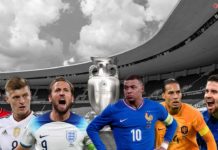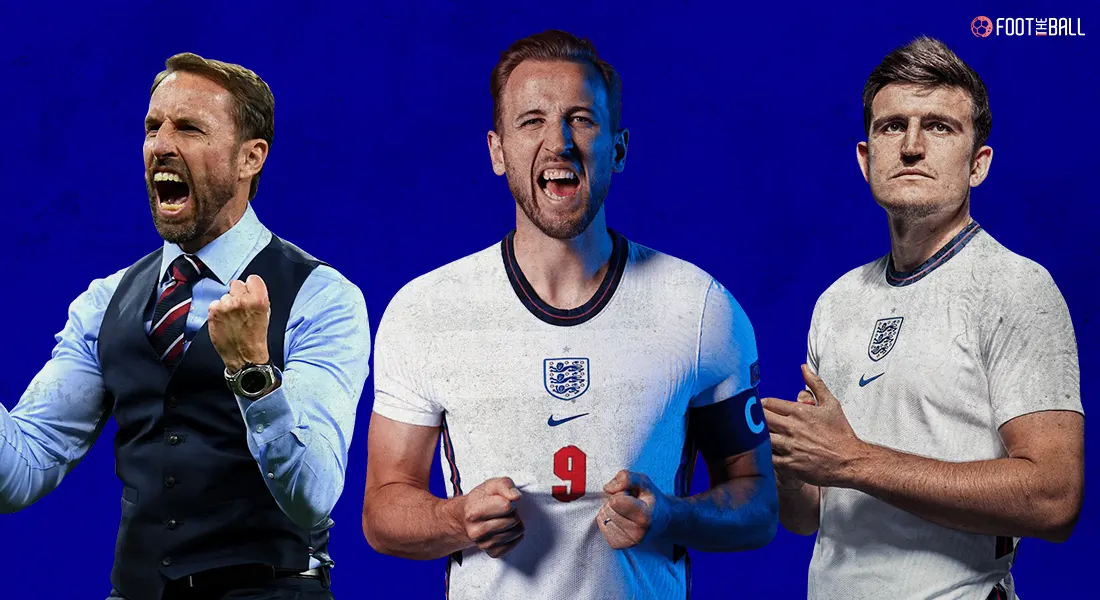Since the collapse of the Soviet Union, Russia failed to go past the group stage in six of the nine major tournaments. However, among the series of disappoints that the far east country has been accustomed to, Russia did have their one moment of fan far during Euro 2008.
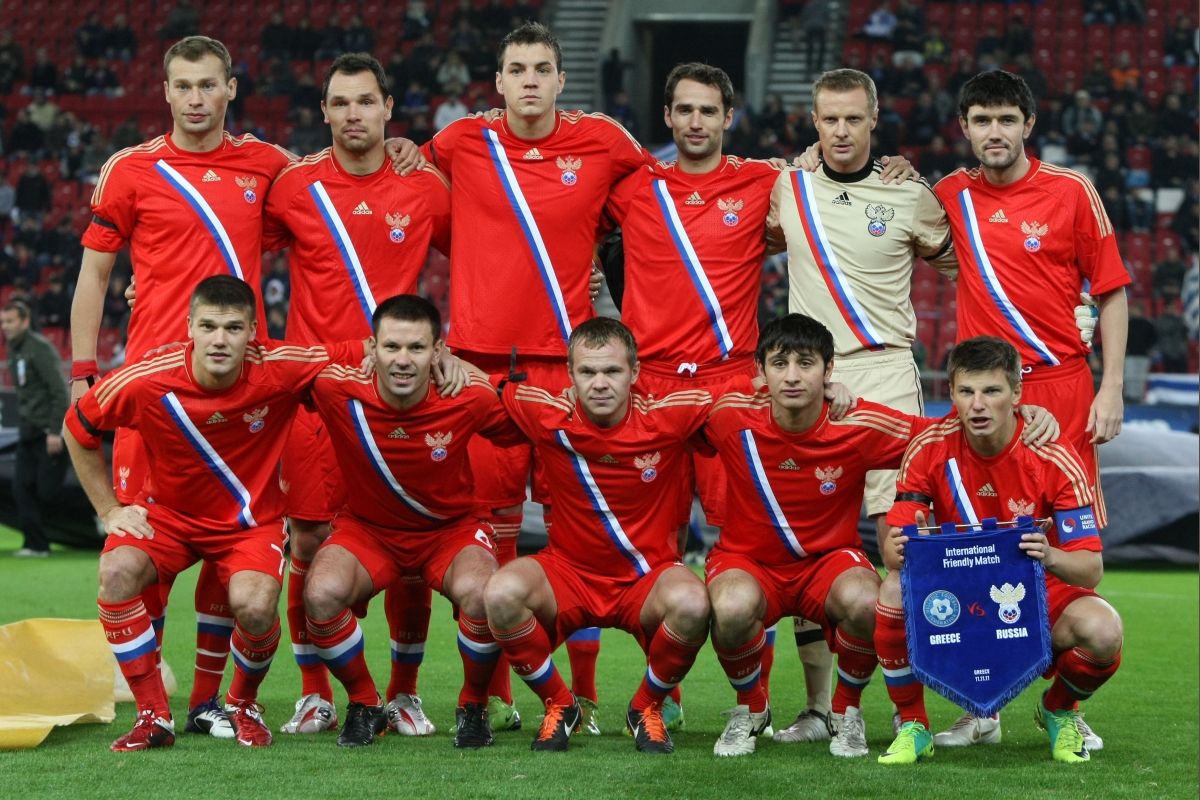
A young Andrey Arshavin was the miracle worker in Guss Hidink’s Russian brigade as the tournament minnows brought down a mighty dutch side. This giant-killing was a surreal shift in Russia’s usual tournament anachronism. So how did this Russian side that failed to qualify for the FIFA World Cup in 2006 found themselves a game away from the tournament final?
THE JOURNEY
On April 10, 2006, Russia announced that Guss Hiddink was taking charge of the national team. The Dutchman became the first foreign manager to take over the side. Hiddink had a gargantuan job on his hands, however, if anybody could lead the transformation it was him from a mediocre to a competitive side it was him.
In his past assignment, he led South Korea to the semi-final of the 2002 FIFA World Cup which remains to this day the highest achievement by any Asian side. The ability to inspire a nation not heralded as one of the powerhouses to a semifinal was a stark reason why Russia would highly benefit from his appointment.
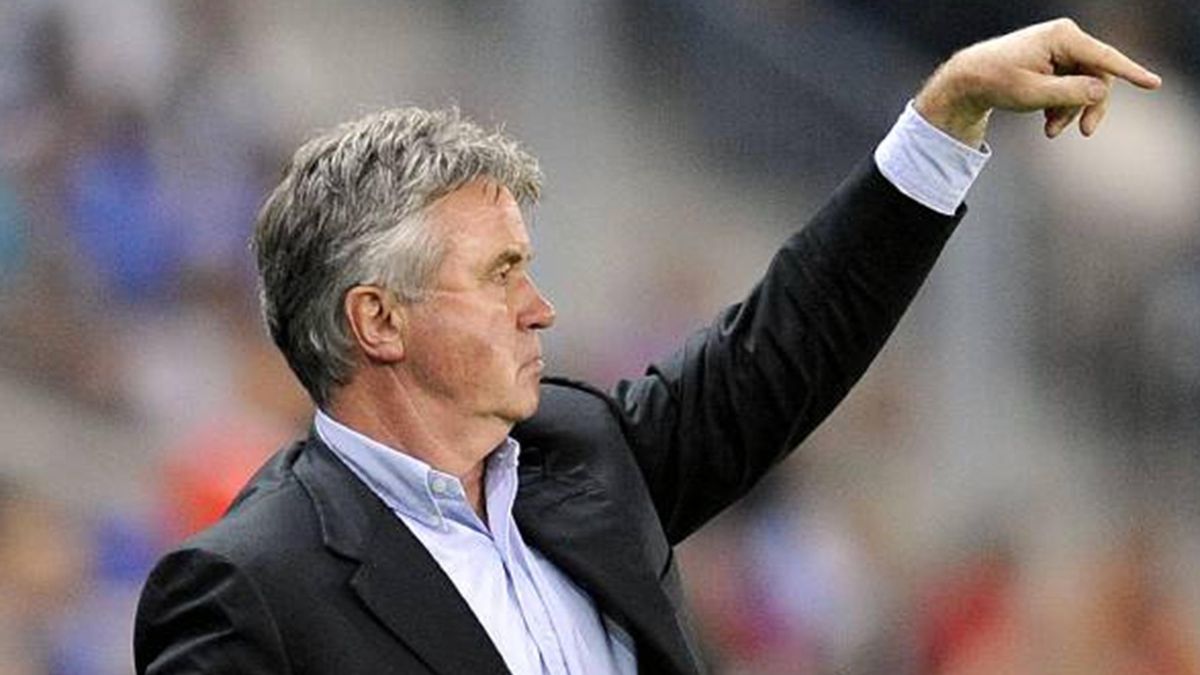
Russa qualified alongside Croatia from a group that also contained England. Russia arrived in Austria for the group stage of the tournament backed up against the wall, with a shortage of attackers.
Aleksandr Kerzhakov, Russia’s leading scorer in qualifying, was omitted from the squad after a season where he struggled at Sevilla. Pavel Pogrebnyak picked up an injury in a friendly so the Zenit St Petersburg striker was left out of the squad, while playmaker Andrey Arshavin made the team, but was suspended for the first two group-stage games after taking a red card in the final qualifier against Andorra.
THE TOURNAMENT
Russia kickstarted their tournament, at Innsbruck’s Tivoli Stadium, against tournament favourites Spain. Russia became prey to a La Roja side that was at the outset of the Spanish Revolution that went on to dominate the sport for six years. The Spaniards tamed the Russian side 4-1, a hat-trick from David Villa and a stoppage-time goal from Cesc Fabregas sent the optimistic Russian side back to the drawing board.
Despite the scoreline, the Russians took lessons from the game and built on the positives. The fixture against Spain was always going to be a difficult one. It was necessary that the Russians warded of the result and started the tournament fresh. Their attacking display against Spain was different to what was exhibited at tournaments before.
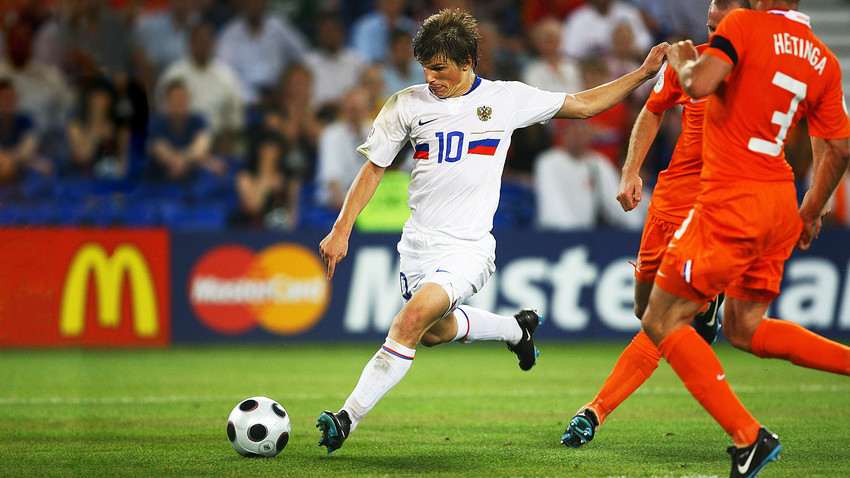
Russia then stitched together back to back victories, a 1-0 victory against defending champions Greece and a 2-0 win against Sweden. Arshavin returned in the game against Sweden to score a goal which secured qualification to the quarterfinal.
Russia drew a strong Dutch team in the quarterfinal that contained seasoned Internationals like Edwin Van Der Sar and Ruud Van Nistelrooy. The Dutch had beaten World Champions Italy and finalists France en route to the quarters. The veteran stars were surrounded alongside the young hungry guns of Robin Van Persie, Wesley Sneijder, Arjen Robben, Van der Vaart and more.
Five minutes into the game drove past the Dutch defence and drew a foul which earned him a freekick in a dangerous area. Arshavin continued to trouble Dutch left-back Van Bronckhorst all evening. It was goalless at half time with Russians creating plenty.
In the 56th minute, Arshavin nearly scored through a free-kick from an impossible angle and distance. Russia won back the ball from the ensuing goal kick, and Arshavin drew Heitinga up the pitch and fed an overlapping Semak, who crossed to Pavlyuchenko for the opening goal.
Arshavin was on song all night, and the Dutch had no response to the relentless pressure exerted by the Russians. Wesley Sneijder kept trying to score from long range to no effect as the Dutch searched for an equaliser. Nistelrooy equalized in the 86th minute to send the game into extra time.
However, it was only a temporary breather for the Dutch, as Arshavin created two outlandish goals in extra time. He gave the Russians the lead by dribbling to the goal line and then chipped a cross over Heitinga and van der Sar to find a late-arriving Dmitri Torbinski at the back post.
Four minutes later, Arshavin got behind the Dutch backline and launched a shot off Heitinga’s foot and through van der Sar’s legs, he then celebrated in his trademark style with his finger to his lip. The talisman had run the Dutch deference ragged all night and deserved his goal.
The Russian’s tournament culminated in a 3-0 semifinal loss to Spain, but the wonders of 2008 are still etched in every Russian memory. Hiddink had lifted a downtrodden Russian side and put them on the footballing map. It remains to this day one of the most iconic moments in Russian football history.


